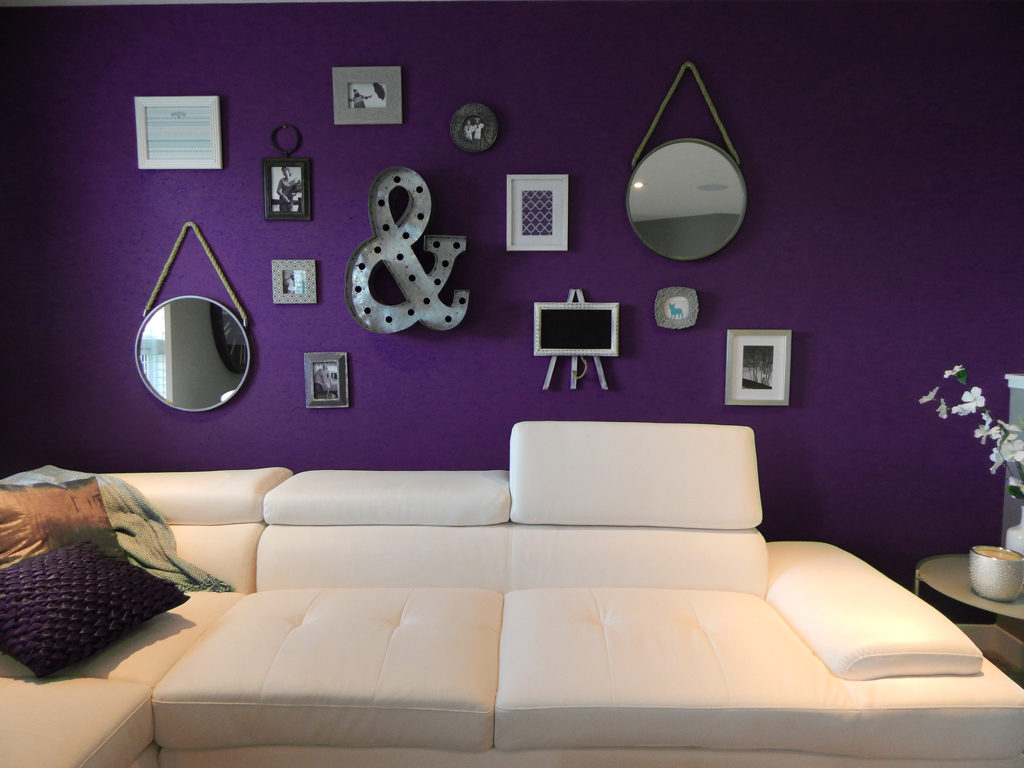
If your rental property activity meets the definition of a trade or business activity, then your rentals produce the best possible tax benefits. In general, you report your rental properties on Schedule E of your tax return. When your activity rises to the level of a business, you continue to report the rentals on Schedule E, but with the business classification, you qualify for four big benefits:
- tax-favored Section 1231 treatment;
- business use of an office in your home;
- business (versus investment) treatment of meetings, seminars, and conventions; and
- Section 179 treatment of your business-use assets.
Section 1231
The two big tax benefits of Section 1231 treatment are that you can use Section 1231 losses as ordinary losses to offset ordinary income, and you use the Section 1231 gains as long-term capital gains.
This gives you the best of both worlds: ordinary losses and long-term capital gains.
Home Office
You can claim the home-office deduction only for trade or business activities, not for investment activities. When your rental property activity meets the definition of a trade or business activity, you get this terrific deduction to offset your income.
Meetings, Seminars, and Conventions
Tax law grants no deduction for travel or other costs of attending a convention, seminar, or similar meeting unless the activity relates to the taxpayer’s trade or business.
Thus, if your rental property is an investment, kiss goodbye those deductions for rental property conventions, seminars, and similar meetings.
Section 179 Expensing
With respect to rental properties and Section 179 expensing, you need to pay attention to the following two rules, which can impact your expensing.
You may not claim Section 179 expensing on most assets used for residential rental properties. To qualify for Section 179 expensing, you must purchase and place the Section 179 property in use in the active conduct of your business.